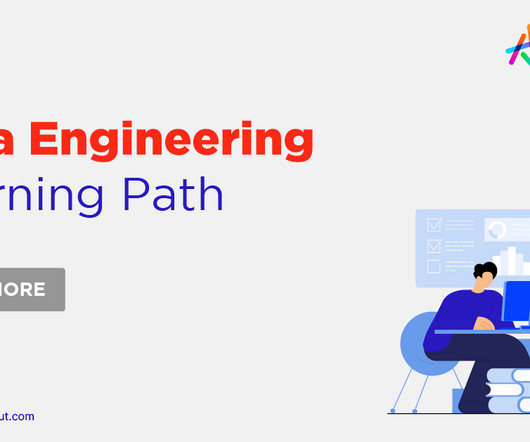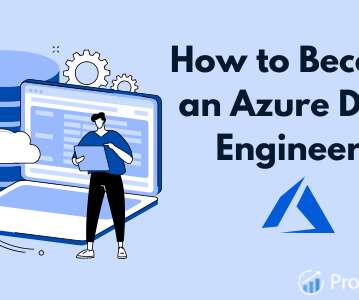Data Engineering Learning Path: A Complete Roadmap
Knowledge Hut
JUNE 23, 2023
You should be thorough with technicalities related to relational and non-relational databases, Data security, ETL (extract, transform, and load) systems, Data storage, automation and scripting, big data tools, and machine learning. You can also post your work on your LinkedIn profile.











Let's personalize your content